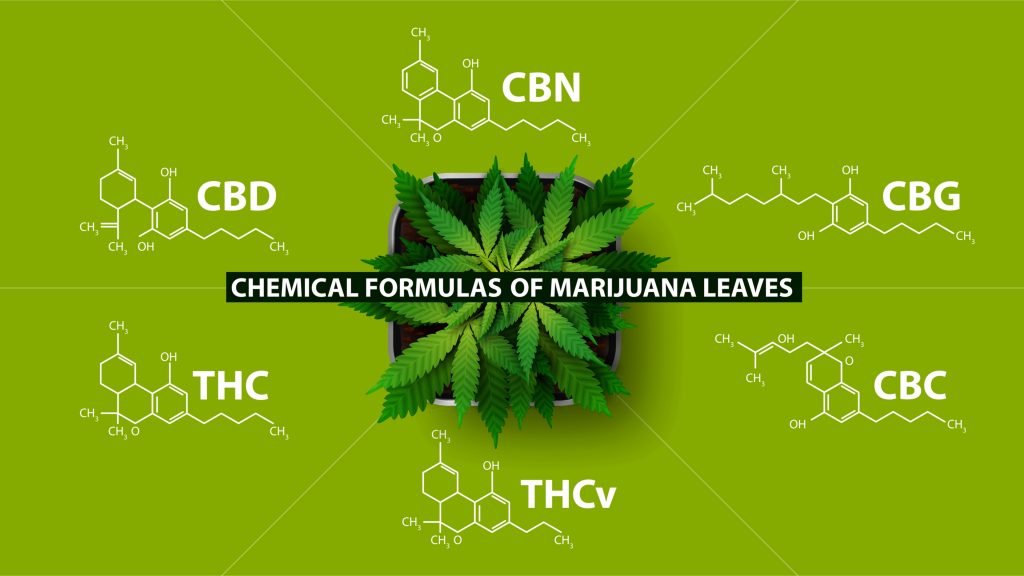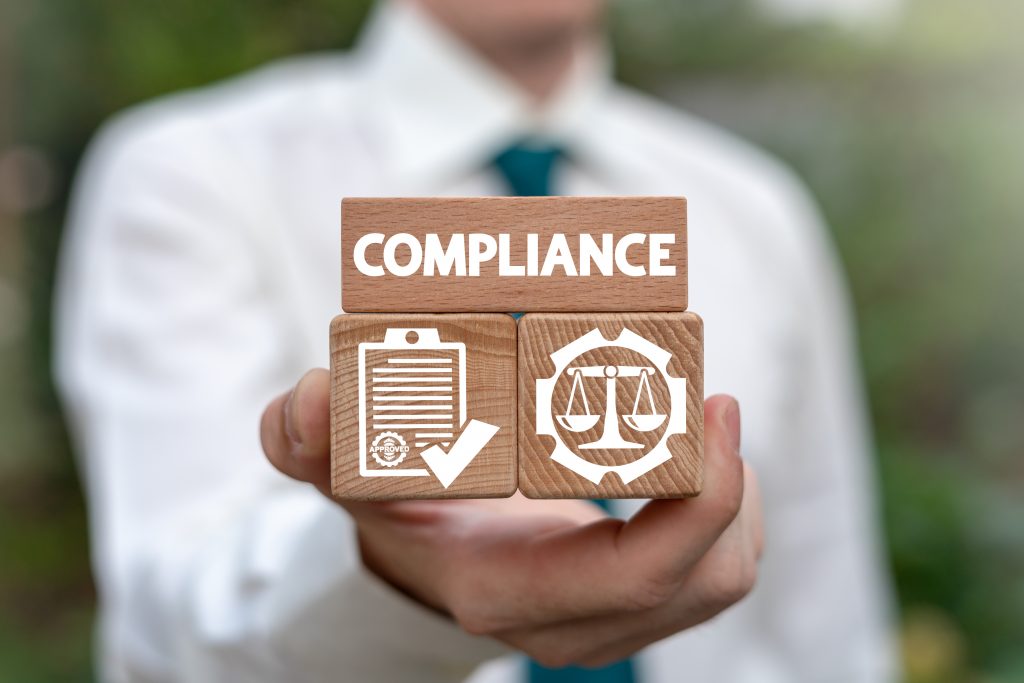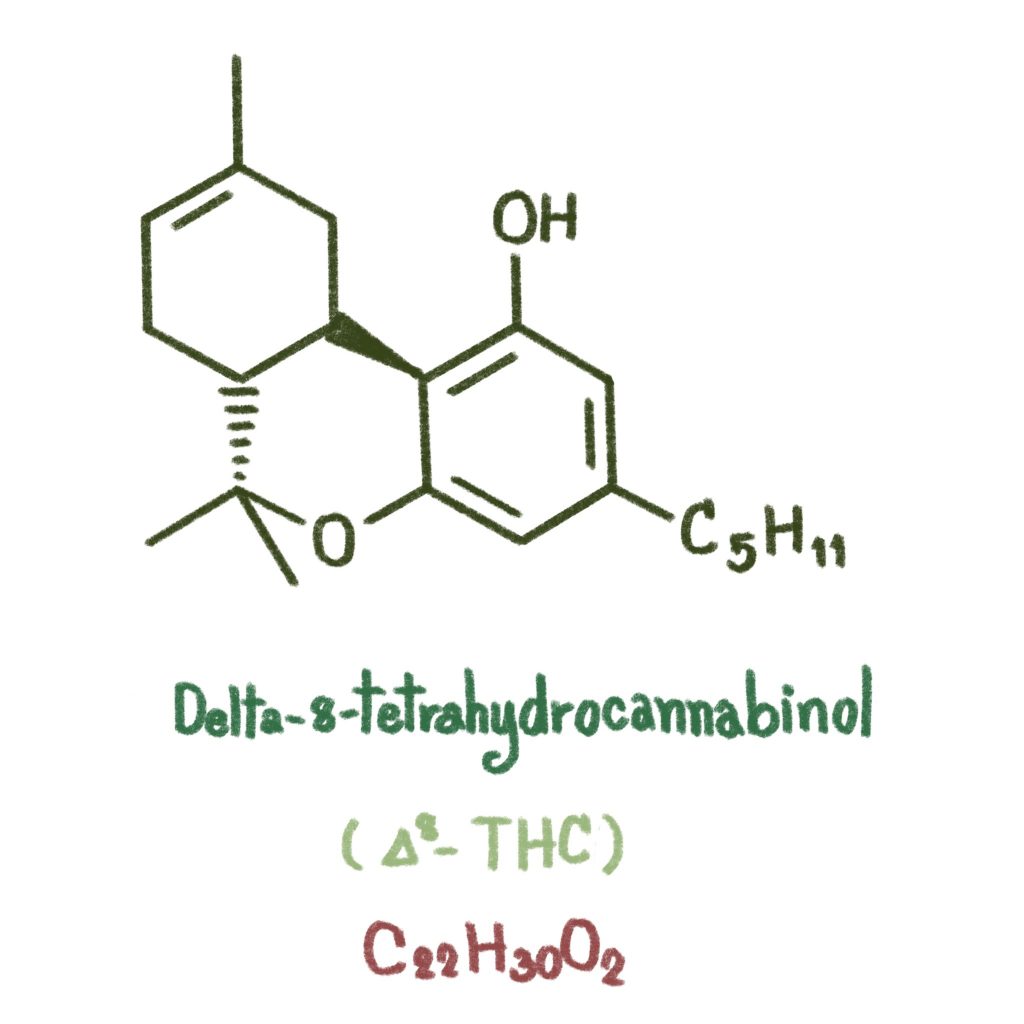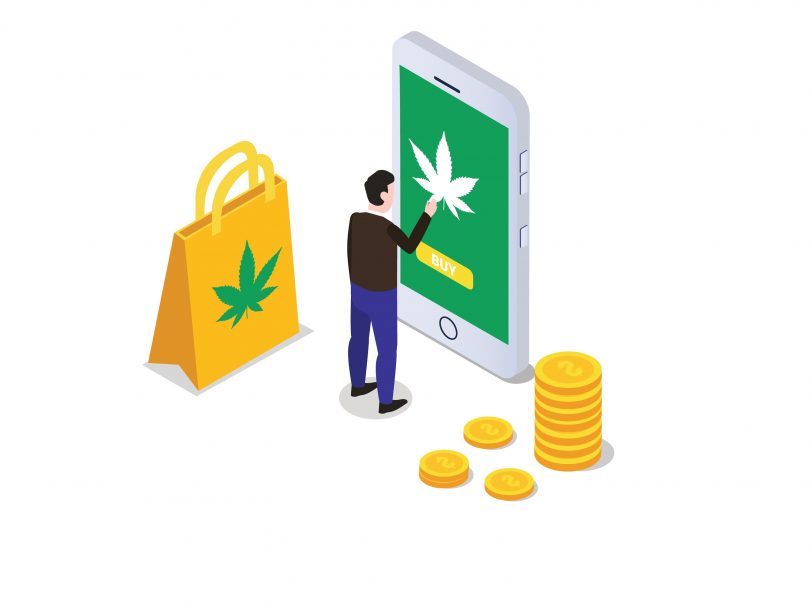The cannabinoid market has been a strange and seedy place since it started. Not only do different cannabinoids come out weekly, advertising different benefits, but as an unregulated market these products can be sold for less money than dispensary products which are subject to cannabis taxes. Only problem? The lack of industry regulation has made this market a very sketchy, possibly dangerous place. In a new move, the US government is actually doing something about it, despite a long period of virtually no response.
The cannabinoid market is facing its first big challenge with Shopify enforcing a ban on the sale of THC products outside of regulation. What will happen next to the industry? We’ll all have to wait and see. We’ve got you covered with breaking news as it happens, so sign up for the THC Weekly Newsletter to stay up-to-date on the current news, and to get special deals on flowers, vapes, edibles, and more products! Our offers on cannabinoids, like HHC-O, Delta 8, Delta 9 THC, Delta-10 THC, THCO, THCV, THCP & HHC, won’t break the bank, and can still be bought here. Head over to our “Best-of” lists for these deals, and enjoy your products responsibly!
What is the cannabinoid market?
We all know what regular cannabis is, it’s been a staple recreational drug for a very long time throughout history. And we’re all aware of CBD, which has grown in popularity as a non-psychoactive part of the plant (which actually translates to a non-high-inducing part since CBD is most definitely psychoactive.) CBD has gained momentum the world over though, not just in the US.
However, the US is home to another unregulated market that came out of the same legislation that propelled CBD, the cannabinoid market. What is that? We all know THC and CBD are cannabinoids, so what is this other cannabinoid market? It’s a market made up of minor cannabinoids of the cannabis plant, most of which only show up naturally in the plant in small amounts, or which don’t actually exist in nature, and were formulated in a lab based on compounds like THC.
The most well-known at this point is delta-8 THC, an isomer of delta-9 in that they share the same chemical formula, and have very similar properties. Chemically, the only difference is the placement of a double bond, which for delta-9 takes place on the 9th carbon atom on a chain, and for delta-8, on the 8th. Delta-8 is naturally occurring, likely as a degradant of delta-9, but must be synthesized for product production since it occurs in such small amounts.

Other cannabinoid entrants into the market include delta-10 THC, THC-O, HHC, THCV, THCA, and more. As none of these cannabinoids have been through much testing, not much is known about them, with delta-8 offering the greatest amount of information. In essence, different cannabinoids have been released into the market where no information on them exists, including no testing for safety. Though it seems these compounds are not explicitly dangerous, this can never be said for sure without applicable research done, especially of the synthetics that don’t appear in nature. Which means the public is being sold completely untested products, and is being told they’re safe.
What’s the news?
In short, Shopify, one of the largest online retail platforms, is no longer allowing the sale of delta-8 THC, or any other cannabinoid with over .3% THC. This is a good time to remind everyone that the term ‘THC’ refers not specifically to delta-9 THC, but to any tetrahydrocannabinol, of which there are many, as well as any analogue of THC made synthetically. There doesn’t seem to be an official news story on the topic, and its likely that Shopify, in an effort to do this quietly, never made a press statement. Instead, letters have been sent out to retailers, explaining that any THC cannabinoid is forbidden from being sold on their sites using the Shopify platform, if the THC amount is above .3%. The company Reef Canna released their letter through MJBizWire, which states:
“It has come to our attention that you are using your Shopify account, reefcanna.myshopify.com, to sell Delta-8 tetrahydrocannabinol (THC) products containing more than 0.3% THC.
“Unfortunately, due to applicable laws and regulations in the United States, Shopify’s policies do not currently permit merchants to offer for sale products containing more than 0.3% THC regardless of compound type (e.g., delta-8, delta-9, delta-10).
The below products have been removed and cannot be reposted (this may not be an exhaustive list)…”
The following was a list of products by the company that Shopify is no longer allowing the brand to sell. The letter then continued:
“Please note that any further violation of Shopify’s Acceptable Use Policy (AUP), including the reposting of the content above, may result in the suspension or termination of your Shopify account.
We understand that the cannabis space is quickly evolving. In the future, if applicable federal and state laws and regulations in the United States change, we may be able to support these products on Shopify.
Please carefully review the rest of your shop to ensure it complies with Shopify’s AUP and Terms of Service.
More information about selling hemp-derived products can be found here.
Best regards,
– Shopify”
To show just how confused many writers are, the writer of the article containing the letter, goes on to tell consumers that they can still buy legal delta-9 in 10mg gummies if its hemp-derived. This is not actually true, as hemp-derived THC is synthetic, and would therefore still not meet regulation, even if the gummy is four grams, making the delta-9 content less than .3%. It also states that HHC is fine as well, but this is also synthetic, which means it too is not covered by the Farm Bill, and as an analogue of delta-9, is therefore illegal.

This letter might specify everything under the umbrella of ‘THC’, but in order to be in compliance with the law, Shopify would also have to rule out all synthetics. On the Shopify website it has been made clear that all FDA regulation must be followed for selling hemp-derived products, and even requires merchants to fill out an ‘Attestation’ in order to sell hemp and hemp-derived products on their sites.
Why did this happen?
The confusion over the cannabinoid market stems from the 2018 US Farm Bill. The Farm Bill legalized the production of industrial hemp so long as the THC content is no more than .3% in dry weight for the plant, as well as for final products. The thing is, this was meant strictly for industrial hemp. However, it was taken up by many as a way to advertise and sell cannabinoids that aren’t specifically delta-9 THC, and which can technically be derived from the hemp plant, by simply saying that the level of delta-9 THC in the products meets regulation. The problem with this argument, is that it never made sense.
The way industrial hemp got legalized, was by making a definition for it that separated it from marijuana. The definition for hemp became: “The plant Cannabis sativa L. and any part of the plant, whether growing or not, including the plant’s seeds, and all the plant’s derivatives, extracts, cannabinoids, isomers, acids, salts, and salts of isomers, whether growing or not, with a delta-9 tetrahydrocannabinol concentration of not more than 0.3 percent on a dry weight basis.”
Not only is this meant for industrial hemp only, but the wording of it specifically states any product made must come exclusively from the hemp plant. Which means it in no way legalized anything synthetically derived, or anything meant for medical or health supplementation. When the bill came out, hemp cultivation and production went from being regulated by the FDA, to the USDA, but nothing else moved, leaving everything else under FDA regulation. And it’s the FDA that regulates anything taken internally for supplemental or medical purposes.
This was all backed up when a confirmation letter was sent to the Alabama Board of Pharmacy’s executive director Donna C. Yeatman, R.Ph. from the DEA in reference to the legality of delta-8. It explained “D8-THC is a tetrahydrocannabinol substance contained in the plant Cannabis sativa L. and also can be produced synthetically from non-cannabis materials… Thus, D8-THC synthetically produced from non-cannabis materials is controlled under the CSA as a “tetrahydrocannabinol.”” Tetrahydrocannabinols are Schedule I, and this goes for any other synthetically made analogue of THC as well.
Why does it matter?
This could have gone in different directions. But since the US government is holding fast to keeping cannabis illegal (for now), the idea that these substances will get regulated, is not very realistic. Instead, they proliferated as part of an untaxed, unregulated black market, being sold in fake dispensaries, all kinds of other stores, and the internet, since without regulation, they don’t need to be sold in legitimate dispensaries only.

The problem with no regulation is that the market can be taken advantage of by seedy retailers, who lie about their products, and what’s in them. In fact, the market has gone so far south as to institute fake 3rd party testing facilities to encourage trust in consumers, through bogus safety results. And though the cannabinoids themselves are unlikely (but not definitely) the cause, without regulation, retailers can put whatever they want in a product, from extra chemicals to flavor, stabilize, or thin out vape oils, to cheaper synthetics in products like vape cartridges and edibles.
There have already been stories of lawsuits against companies whose products were found to contain high doses of THC, while advertising only CBD, as well as fatalities involved with poisonings from bad products. Technically the numbers are still low – (let’s remember the US government is totally cool with allowing opioids which come with a massive death toll), but it does present the problem of a growing market, that gets dirtier as it gets bigger, with no accountability whatsoever.
In the end, the US government likely cares way less about the safety issues (opioids remember), than it does about having black market industries it can’t control. Though it’s done virtually nothing to stop this industry thus far, (probably because of the cost and unpopularity of fighting wars on drugs, especially when the drugs have no real death count), it seems it did finally make a move. It might do the same with other major platforms as well, but how much this will actually root out the problem is hard to say, considering how many outlets sell these cannabinoids.
Conclusion
The US government has been pretty quiet thus far when it comes to the cannabinoid market. Apart from backing up the Farm Bill and legalities (eg – the letter to Alabama), and making a few random busts, it seemed the government was at a stand still. This move through Shopify does show a desire to gain control of the situation. But the real questions are: 1) Is forcing Shopify to force retailers to comply enough? 2) Will more online retail platforms also get letters? And 3) what impact can this have when tons of physical locations also sell these products? Stay tuned to find out.
Hello readers! Welcome to CBDtesters.co, your #1 internet source for the most well-rounded independent news coverage of the cannabis and psychedelics industry. Stop by when you can to stay informed on the always-in-flux landscape of cannabis and psychedelics, and sign up for The THC Weekly Newsletter, to ensure you get every news story first.
Disclaimer: Hi, I’m a researcher and writer. I’m not a doctor, lawyer, or businessperson. All information in my articles is sourced and referenced, and all opinions stated are mine. I am not giving anyone advice, and though I am more than happy to discuss topics, should someone have a further question or concern, they should seek guidance from a relevant professional.









